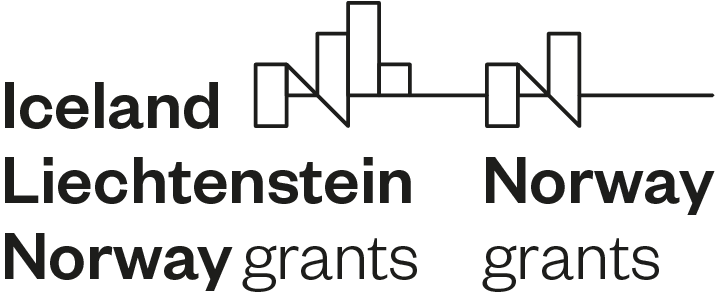The project Research centre for domestic and gender-based violence (ReCeGe) will start in January 2022 and end at the end of December 2023. Its core focus is on the establishment of the Research centre for domestic and gender-based violence. Its research output will contribute to improving the protection and enforcing of human rights in the Czech Republic (CZ), namely the right to protection of life and to life free from (domestic and gender-based) violence. For the establishment of ReCeGe, it is crucial to acquire representative data mapping adult CZ population´s experience with domestic and gender-based violence. The first part of the project is therefore taken up by conducting a nationwide survey to collect such data. This data will then be interpreted in the light of up-to-date internationally competitive research, which addresses the gendered basis of such violence. The thereby accumulated knowledge base will then be used by the project team to start a discussion with experts from key institutions designated to assist survivors (esp. child services, the police, intervention centres, and civil society organisations) across the CZ but also to address the general public. These discussions will involve survivors in order to introduce their perspective into institutional response to this type of violence and its prevention. We will present topical high quality international research outcomes regarding domestic and gender based violence to the expert public in the framework of round tables designed to stimulate networking. At the end of the project, an international conference will be held together with Kilden, the Norwegian project partner. A long-term objective of the project is to establish good research practice that will help to overcome often fundamentally flawed partial studies that are irrelevantly generalised. The project will thus improve general as well as expert public´s knowledge about violence, its causes, implications and prevention.

Publikace vydané v rámci projektu (celkem 2, zobrazeno 1 - 2)
In this article, we interpret some of the findings from an extensive explorative qualitative study conducted from April to December 2020 that used semi-structured interviews, interviews with clients of an assistance-providing organisation, and analyses of concrete cases from the period of the first pandemic lockdown in the Czech Republic.
Pracovní název předkládaného výzkumu zněl „Potřeby dětí a násilí v blízkých vztazích“.

Newsletter
Facebook
X
Tweets by SociologickyNewsletter